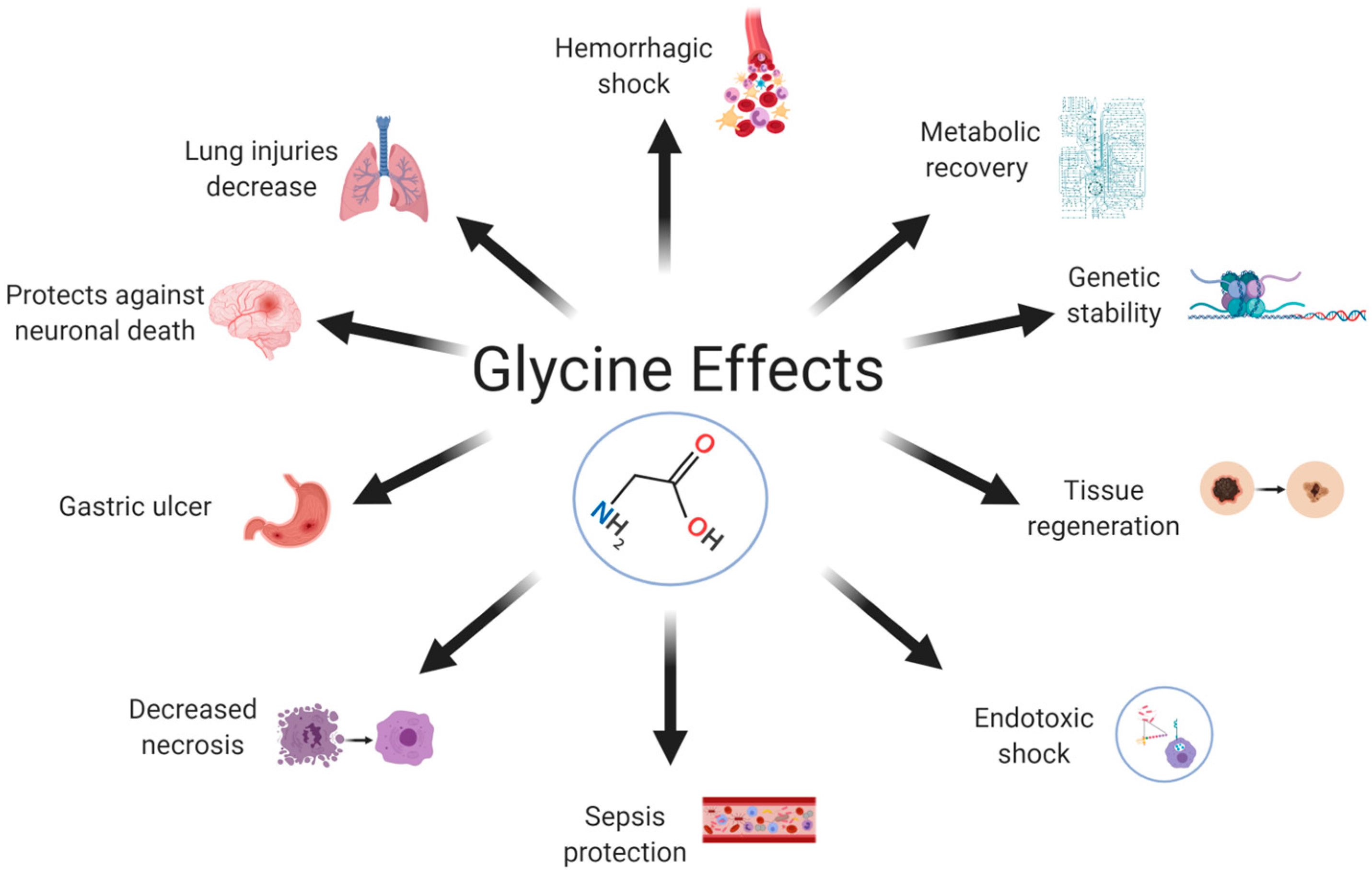
Glycine Synthase Deficiency is a rare genetic disorder that affects the body's ability to break down glycine, an important amino acid. This condition can lead to a buildup of glycine in the brain and other organs, causing a range of health issues. Symptoms often appear in infancy and can include developmental delays, seizures, and muscle stiffness. Early diagnosis and treatment are crucial for managing the condition and improving quality of life. Understanding the genetic basis of this disorder can help in developing targeted therapies. This article will provide 25 essential facts about Glycine Synthase Deficiency, shedding light on its causes, symptoms, and potential treatments.
Key Takeaways:
- Glycine Synthase Deficiency, also known as Nonketotic Hyperglycinemia, is a rare genetic disorder affecting the body's ability to break down glycine, leading to serious health issues, especially in newborns.
- Early diagnosis and ongoing care are crucial for managing Glycine Synthase Deficiency. Treatment options include dietary management, medications, and therapies to improve quality of life.
What is Glycine Synthase Deficiency?
Glycine Synthase Deficiency, also known as Nonketotic Hyperglycinemia (NKH), is a rare genetic disorder. It affects the body's ability to break down glycine, an amino acid. This condition can lead to serious health issues, especially in newborns.
- Glycine Synthase Deficiency is caused by mutations in the genes responsible for the glycine cleavage system.
- Nonketotic Hyperglycinemia is another name for this condition, highlighting the absence of ketones in the urine.
- Glycine is an amino acid that plays a crucial role in the central nervous system.
- Newborns with this deficiency often present symptoms within the first few days of life.
- Symptoms can include lethargy, poor feeding, and respiratory problems.
How is Glycine Synthase Deficiency Diagnosed?
Early diagnosis is critical for managing Glycine Synthase Deficiency. Various tests and evaluations help in identifying this condition.
- Blood Tests are used to measure glycine levels in the blood.
- Urine Tests help to rule out other metabolic disorders by checking for the absence of ketones.
- Genetic Testing can confirm the presence of mutations in the genes responsible for the glycine cleavage system.
- MRI Scans may show abnormalities in the brain, which can be indicative of this condition.
- EEG tests can detect abnormal brain activity, often seen in affected individuals.
What are the Symptoms of Glycine Synthase Deficiency?
Understanding the symptoms can help in early detection and management of the condition. Symptoms can vary in severity and onset.
- Lethargy is one of the most common symptoms, making the baby unusually sleepy.
- Poor Feeding can lead to weight loss and failure to thrive.
- Respiratory Problems may require medical intervention to assist with breathing.
- Seizures are frequent and can be difficult to control.
- Developmental Delays are often observed as the child grows.
How is Glycine Synthase Deficiency Treated?
While there is no cure for Glycine Synthase Deficiency, various treatments can help manage the symptoms and improve quality of life.
- Dietary Management involves reducing glycine intake through a specialized diet.
- Medications like sodium benzoate can help lower glycine levels in the body.
- Seizure Control is crucial, often requiring multiple medications.
- Physical Therapy can aid in improving motor skills and muscle strength.
- Occupational Therapy helps in developing daily living skills.
What is the Prognosis for Glycine Synthase Deficiency?
The prognosis for individuals with Glycine Synthase Deficiency varies widely. Early intervention and ongoing care can make a significant difference.
- Early Diagnosis can lead to better management of symptoms and improved outcomes.
- Lifelong Management is often necessary to maintain quality of life.
- Supportive Care from a multidisciplinary team can provide comprehensive management.
- Research is ongoing to find better treatments and potential cures.
- Family Support is crucial, as caring for a child with this condition can be challenging.
Final Thoughts on Glycine Synthase Deficiency
Glycine Synthase Deficiency, a rare metabolic disorder, affects the body's ability to break down glycine. This leads to an accumulation of glycine in the brain and other tissues, causing severe neurological issues. Symptoms often appear in infancy and can include developmental delays, seizures, and muscle weakness. Early diagnosis through genetic testing is crucial for managing the condition. While there's no cure, treatments focus on reducing glycine levels and managing symptoms. Medications like sodium benzoate and dextromethorphan can help, along with dietary changes. Supportive therapies, such as physical and occupational therapy, play a vital role in improving quality of life. Research continues to explore new treatments and better understand the disorder. Awareness and education about Glycine Synthase Deficiency are essential for early intervention and support for affected families.
Frequently Asked Questions
Was this page helpful?
Our commitment to delivering trustworthy and engaging content is at the heart of what we do. Each fact on our site is contributed by real users like you, bringing a wealth of diverse insights and information. To ensure the highest standards of accuracy and reliability, our dedicated editors meticulously review each submission. This process guarantees that the facts we share are not only fascinating but also credible. Trust in our commitment to quality and authenticity as you explore and learn with us.
